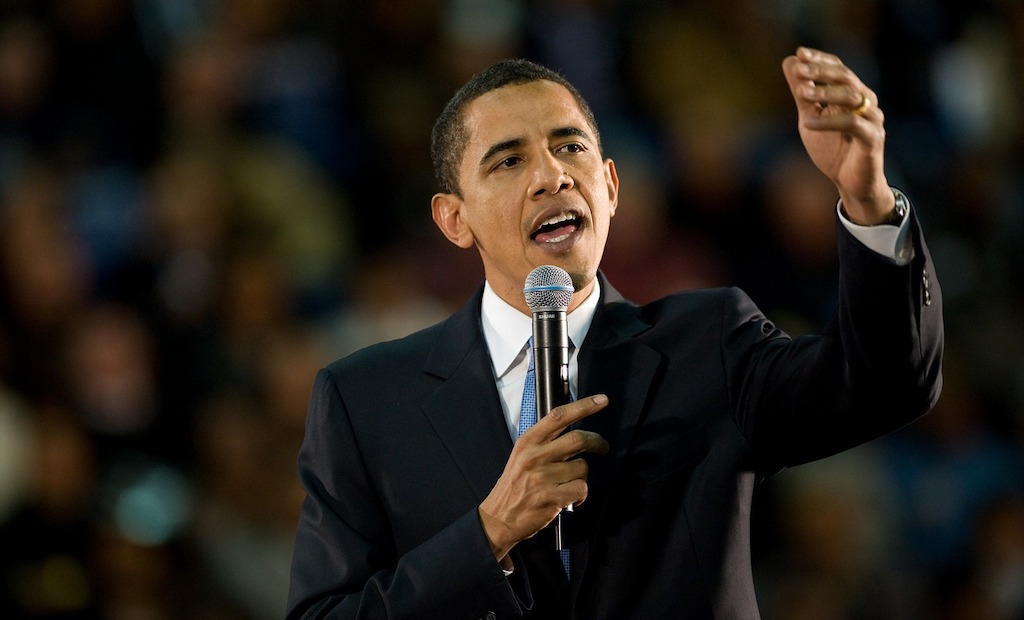Obama presents NSA reforms

US president Barack Obama has announced new procedures for the National Security Agency (NSA) in his speech on Friday after increased privacy and spying concerns arose following Edward Snowden’s disclosures.
Obama stated that the government’s ability to access data such as emails and phone calls can prevent terrorist attacks, though “the government’s collection and storage of such bulk data also creates a potential for abuse,” he said.
The advance and power of technology has made it easy to access information not available to the public and Obama reflected on the dilemma of abusing privacy in order to protect a nation.
“The power of new technologies means that there are fewer and fewer technical constraints on what we can do. That places a special obligation on us to ask tough questions about what we should do,” he said.
“We have to make some important decisions about how to protect ourselves and sustain our leadership in the world while upholding the civil liberties and privacy protections our ideals and Constitution require,” Obama added.
Obama stated that the government should no longer hold databases of every call record made in the United States. However, the intelligence agencies should still be able to access phone records, but will require court supervision to access such data.
In defence of the NSA, Obama stated: “They’re not abusing authorities in order to listen to your private phone calls, or read your emails…we cannot unilaterally disarm our intelligence agencies.”
Obama also revealed that dozens of world leaders will no longer be subject to US surveillance. “Heads of state and government with whom we work closely, and on whose cooperation we depend, should feel confident that we are treating them as real partners,” Obama said.
“The leaders of our close friends and allies deserve to know that if I want to know what they think about an issue I’ll pick up the phone and call them rather than turning to surveillance,” he continued.
The new White House counsellor, John Podesta, will lead a review of how to manage data and how to continue to “promote the free flow of information in ways that are consistent with both privacy and security,” Obama said.
The president concluded that the reforms “should give the American people greater confidence that their rights are being protected, even as our intelligence and law enforcement agencies maintain the tools they need to keep us safe.”
Critics of the reforms were cautious of the president’s speech. Senator Patrick Leahy said: “The president has ordered some significant changes, but more are needed.”
Senators Ron Wyden and Mark Udall, in a joint statement, also revealed their concerns. “The fight to protect liberty and increase security is far from over.”
Vanessa Smart

























Facebook
Twitter
Instagram
YouTube
RSS